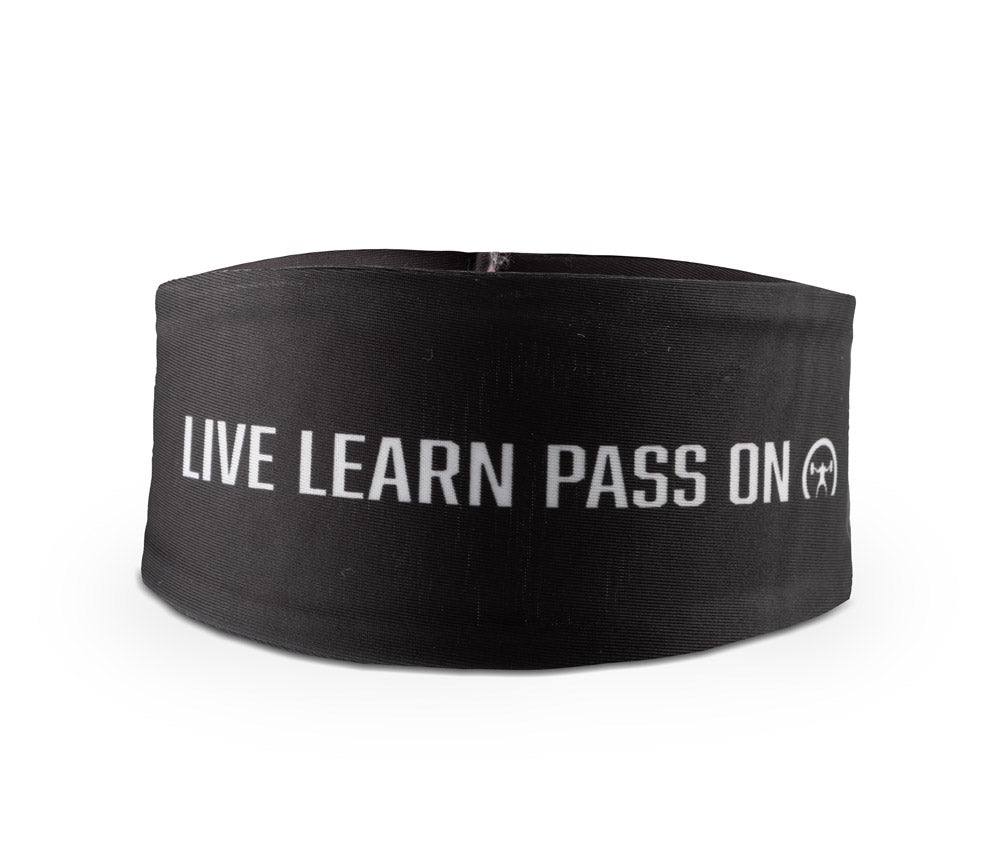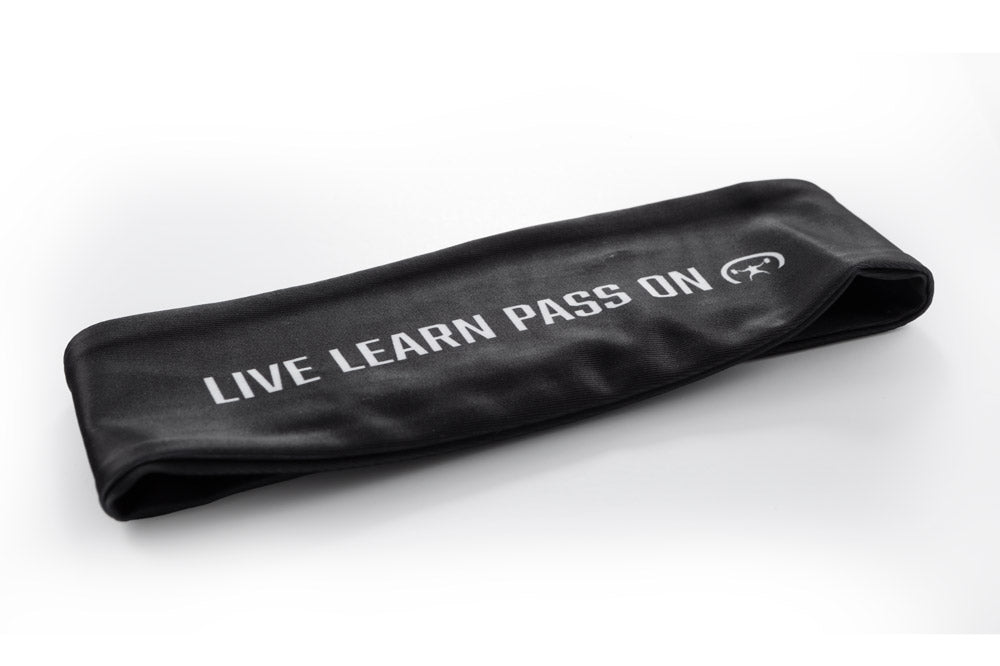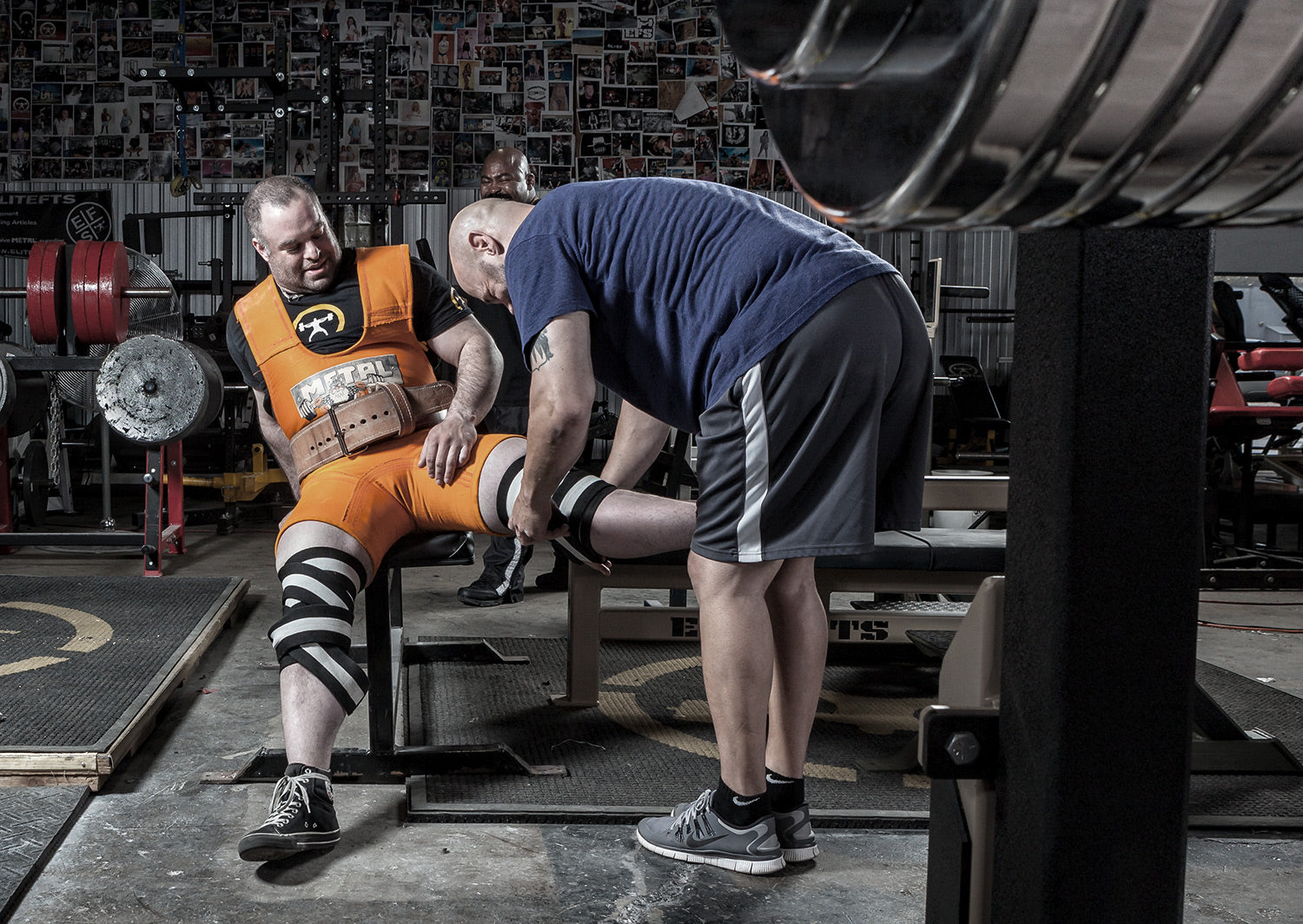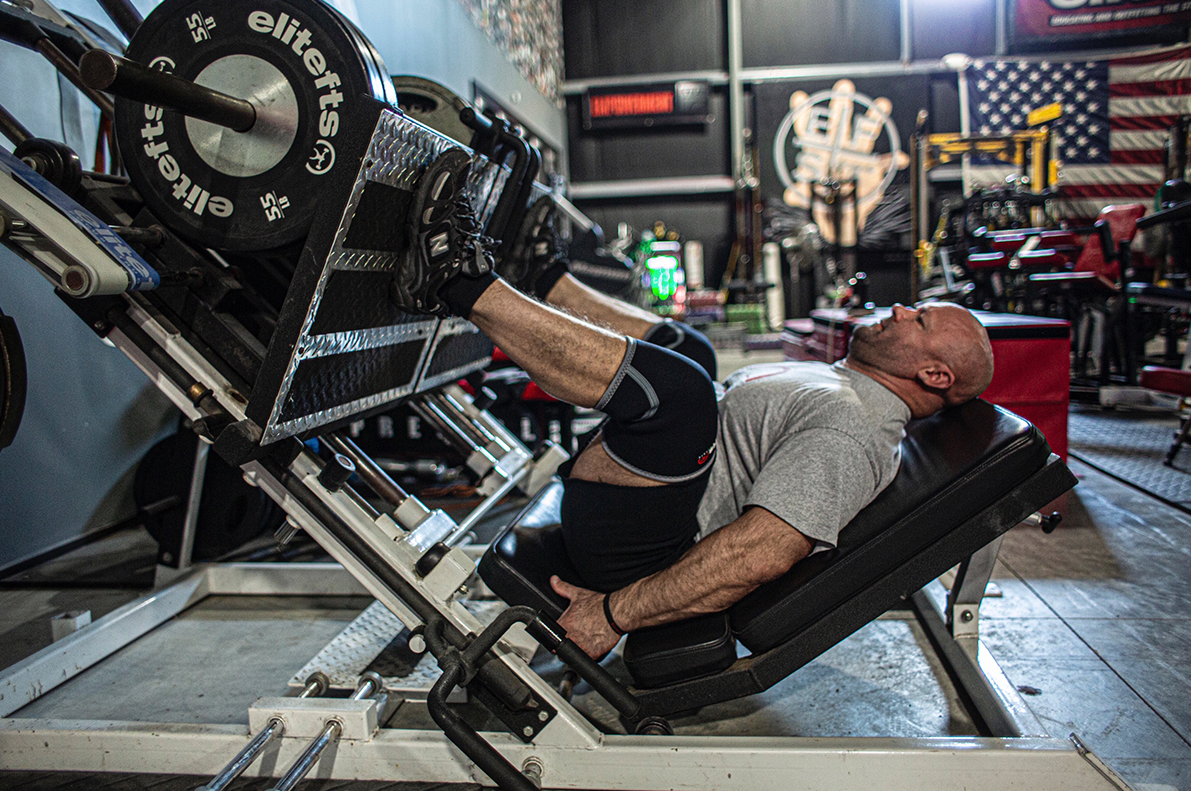
Over time I’ve had many people admit that they didn't find training to be enjoyable like they used to. Usually, it’s from someone who’s been training for several years and was initially obsessed with training. They’ve trained hard, made good progress, and had times where all they could think about was the next time they could go to the gym. They inevitably hit a spot where the excitement and enjoyment feels like it has all but disappeared. Maybe progress has stalled for a while. Maybe life stress has made it difficult to get out of bed, let alone go to the gym. Maybe priorities changed, and the time that used to be allotted to the gym is filled with other things that now you consider more important.
RECENT: An Underrated Training Tool: Timed Deadlift Sets
No matter what the reason, I’ve seen a lot of people discouraged (and sometimes embarrassed) when they hit this point in training. But I’m here to tell you that not only is it OK, but it’s pretty standard for any lifter who sticks with this for the long run.
Here are a few suggestions:
1. Take a Break From Competition
It’s not uncommon for lifters to compete extremely frequently in the beginning. When progress is coming fast, and training is shiny and new, it can be tempting to compete every few months. Eventually, this can lead to some serious mental and physical burnout, and as much as everyone hates to take time away from the barbell, the stronger you get, the more it’s necessary. If you’re constantly competing, try taking a break from the squat, bench, and deadlift for at least a few weeks. Give your body and mind a break and allow yourself time to feel “hungry” for training and competing again.
2. Compete!
On the flip side, if you haven’t competed and have only been focusing on your gym PRs and what you can put on Instagram, maybe it’s time to pick a meet and put some skin in the game. It’s amazing how picking a meet changes training. Having a competition in the future can suddenly give meaning to training in a way you didn’t have before. You don’t need to set any records or win any awards; you need to show up and put your hard work in front of those three judges. You’ll learn a lot, and your training cycle following your first meet will be a renewed experience.
3. Train Differently
Along the same lines as competing too frequently, if you’ve been hammering the same lifts for a long time (trying to go heavier and heavier without a long term strategy) don’t be afraid to re-evaluate your program. Try training differently altogether. It’s amazing what a few months of a powerlifter training like a bodybuilder, or vice versa, can do for the mental and physical state of a lifter. It can pay off in multiple ways and help you get hungry again for your original goal.
4. Be Honest
Are you not enjoying training because you aren’t enjoying the training itself? Or are you not enjoying it because you’re comparing yourself to other lifters, are unhappy with your progress, or life around training has changed? Maybe in college you could lift for hours on end every day of the week, but now that you have a busier job or a family (or both), it’s not feasible. Make sure your goals and training plan fits your priorities and is realistic. Otherwise, you’ll be spinning your wheels in constant frustration.
5. Avoid the All-or-Nothing Mentality
I see many lifters go from being obsessed with lifting and training seven days a week to not training at all. The tricky part of letting emotions completely fuel your training is that your program has no leg to stand on when those emotions are gone (even temporarily). There are times in your life where training will take a back seat to numerous other things, and that’s OK. I would resist, however, the temptation to not train at all. Even if it’s doing push-ups, chin-ups, and walking around the block, doing some exercise will benefit you physically and mentally in countless ways. Especially if your lack of desire to train is linked to depression or something similar, I would try and keep doing something, no matter how small it may seem (and be sure to address the issues that are deeper than training).
6. Stop Worrying
The ideas I shared above can help renew your motivation for training, but at the end of the day, there are times when you aren’t going to be motivated. This is where the "discipline over motivation" mantra needs to take over, and this is the benefit of making sure you have a simple, sustainable program. Carve out the stuff you don’t need, stick to the basics, and pick a frequency that fits your lifestyle. Once you’ve done that, just put yourself in cruise control and chip away one day at a time. As I mentioned in the paragraph above, even if it’s a super simple program and 30-45 minutes in the gym (or in your home gym), the discipline to continue training even when you aren’t motivated is priceless. Hang in there and keep moving forward—it will pay off.

















































































